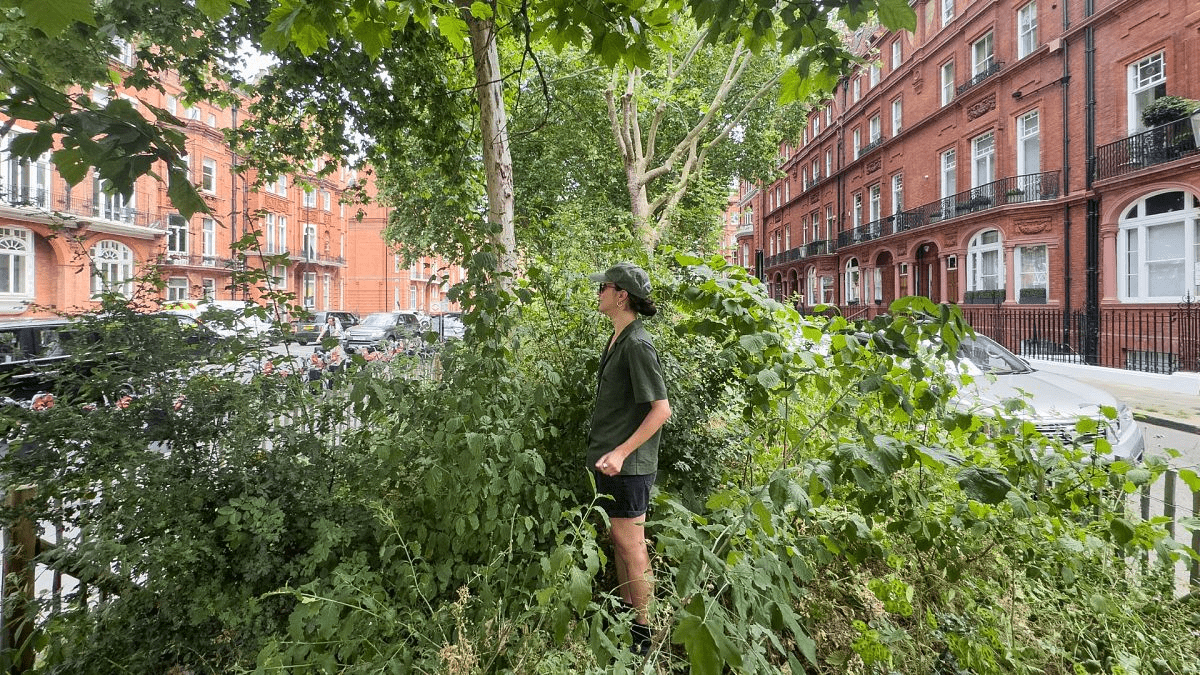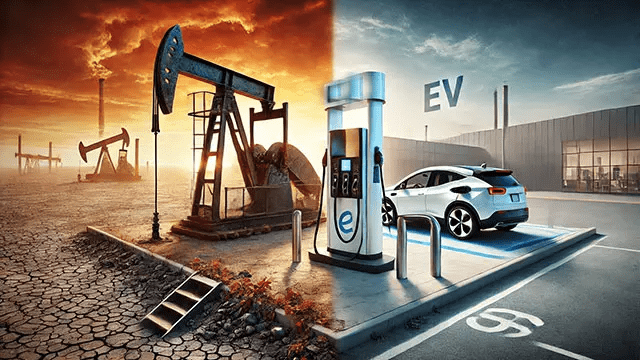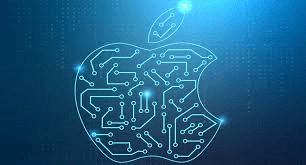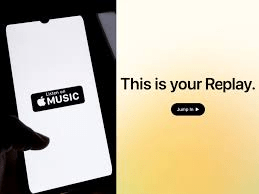The Return of Diplomacy Lab Fair
More than 200 students and faculty representing 26 academic institutions gathered at the George C. Marshall Center within the U.S. Department of State’s headquarters in Washington, D.C., for the Diplomacy Lab Fair, organized by the Office of Global Partnerships. This April 19, 2024, event, the first of its kind since 2017, was a celebration of students and faculty in the Diplomacy Lab network and an opportunity to share their semester-long research projects with diplomats, policymakers, and peers.
Diplomacy Lab is a partnership between the Department and more than 60 U.S. colleges and universities that enables collaboration on research and tools around a wide-variety of Department-identified topics in priority policy areas. From countering violent extremism to climate adaptation, the diversity of Diplomacy Lab’s numerous projects was on full display.
Last week marked the long-awaited return of the in-person Diplomacy Lab Fair after 6+ years! Students nationwide gathered in #WashingtonDC, presenting their projects with boundless enthusiasm for diplomacy. Witnessing the future of global relations in action is inspiring! 🤝🌍 pic.twitter.com/4ORZhlaekW
— Special Rep for Global Partnerships McAuliffe (@GPatState) April 23, 2024
Modern Diplomacy: Inspiring the Next Generation of Diplomats
During his virtual welcome remarks, Secretary of State Antony Blinken emphasized that “partnerships like these help us foster ideas, draw on diverse perspectives, and, ultimately, better address the issues affecting the lives of our people and people around the world.”
Diplomacy Lab exposes students to the work of the Department of State and inspires them to pursue careers in foreign policy. For example, Salisbury University students partnered with the Foreign Service Institute to research post-conflict nation-building and its potential application to Ukraine’s reconstruction efforts. Alison Wright, an aspiring Foreign Service Officer, quoted Secretary Blinken himself to express her commitment to this cause: “diplomacy is about the last three feet.”
No matter their personal or academic background, there is a place for every student in Diplomacy Lab and at the Department of State. Carter Dills, who is pursuing a Bachelor of Science in Earth Science and Physics from Indiana University, assessed natural hazard risk in the Yukon region of Canada for his research project. Carter commented: “In terms of the different backgrounds that can come in and contribute to projects, it is truly unlimited.”
A student presents his project while other students look on. A Diplomacy Lab participant explains a research project during this year’s Diplomacy Lab Fair at the State Department.

One unique aspect of Diplomacy Lab is its direct engagement with U.S. Embassies and Consulates overseas. For instance, Nancy Kwang Johnson from the Middlebury Institute of International Studies at Monterey, researched transitional justice in Montenegro by conducting interviews with nongovernmental organization (NGO) directors in the Balkans. This was made possible with the guidance of the Political-Economic Chief at Embassy Podgorica.
After their presentations, Diplomacy Lab Fair attendees interested in learning more about careers and fellowships at State met with Diplomat-in-Residence John Dinkelman. Representatives for the U.S. Foreign Service Internship Program, Paid Student Internship Program, Pickering Fellowship, and Rangel Fellowship were also available to lend their advice.
Influence of Student Research on U.S. Foreign Policy
Beyond the practical utility of student research to meet the immediate needs of the Department, the Diplomacy Lab program incorporates the diversity of the American people, most notably, diversity in perspectives within Generation Z. Diplomacy Lab projects provide an avenue for students to contribute to U.S. foreign policy while studying topics where their work and passions align.
An audience listens to presentation at the State Department. At the Marshall Center students also learned about careers at State.

In this context, students from the University of Michigan collaborated with Consular Officers at the U.S. Consulate in Monterrey to protect the rights of seasonal and temporary workers participating in the H-2 visa program. Their end-of-semester deliverable was a recommendation for engagement with and a comprehensive list of workers centers that have resources to support Mexican H-2 visa holders and protect their rights and wellbeing in the United States. Consular leadership at the U.S. Embassy in Mexico City will share this information with relevant stakeholders in the Mexican Government and NGOs.
Throughout Diplomacy Lab’s eleven-year legacy, this model of mutual exchange has been applauded by Department of State employees. Deputy Secretary of State for Management and Resources Richard R. Verma, underscored this in his Diplomacy Lab Fair speech, saying: “It’s clear to me that the future of diplomacy is in good hands because of all of you. You are our next generation of leaders…we need your voices to address the problems of today.”










